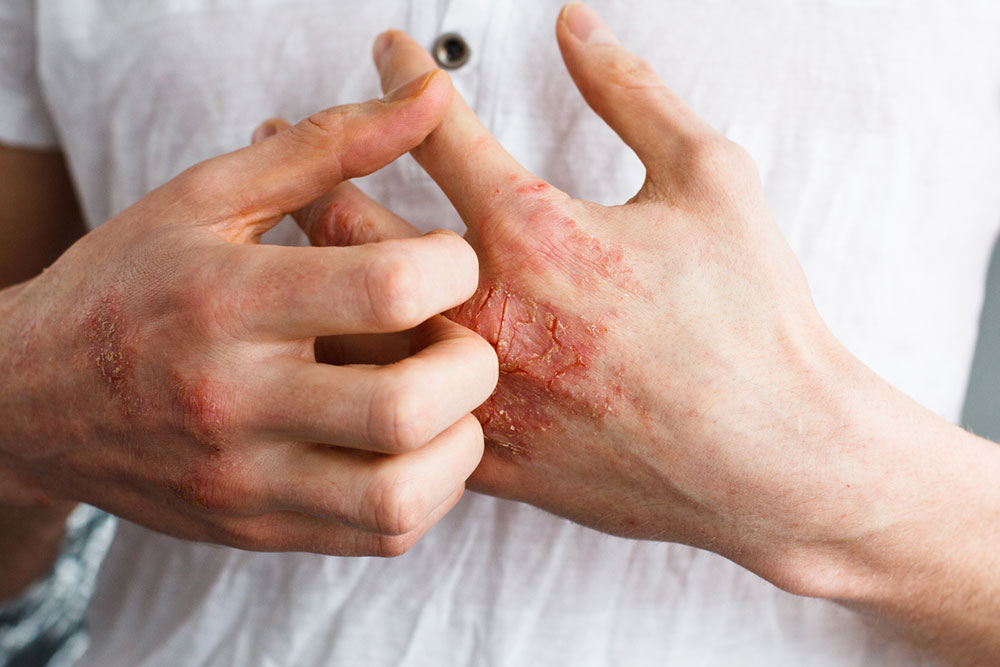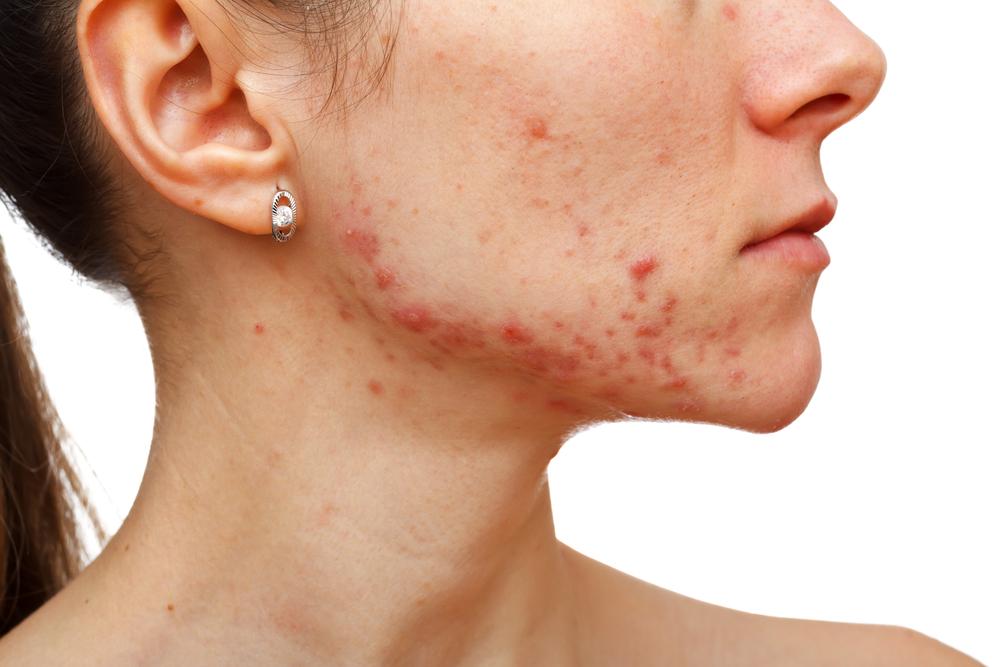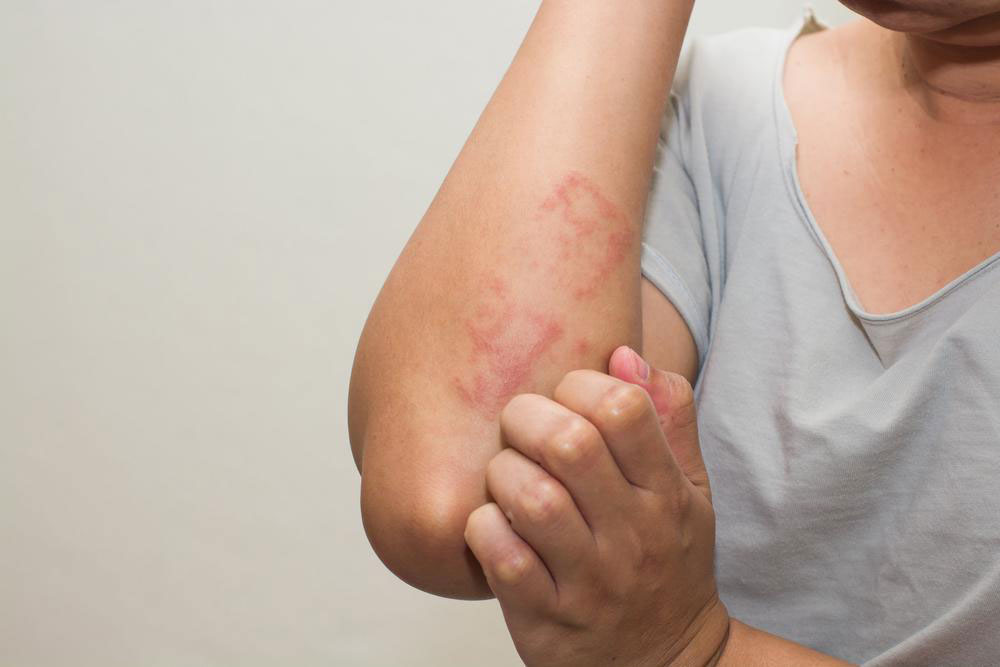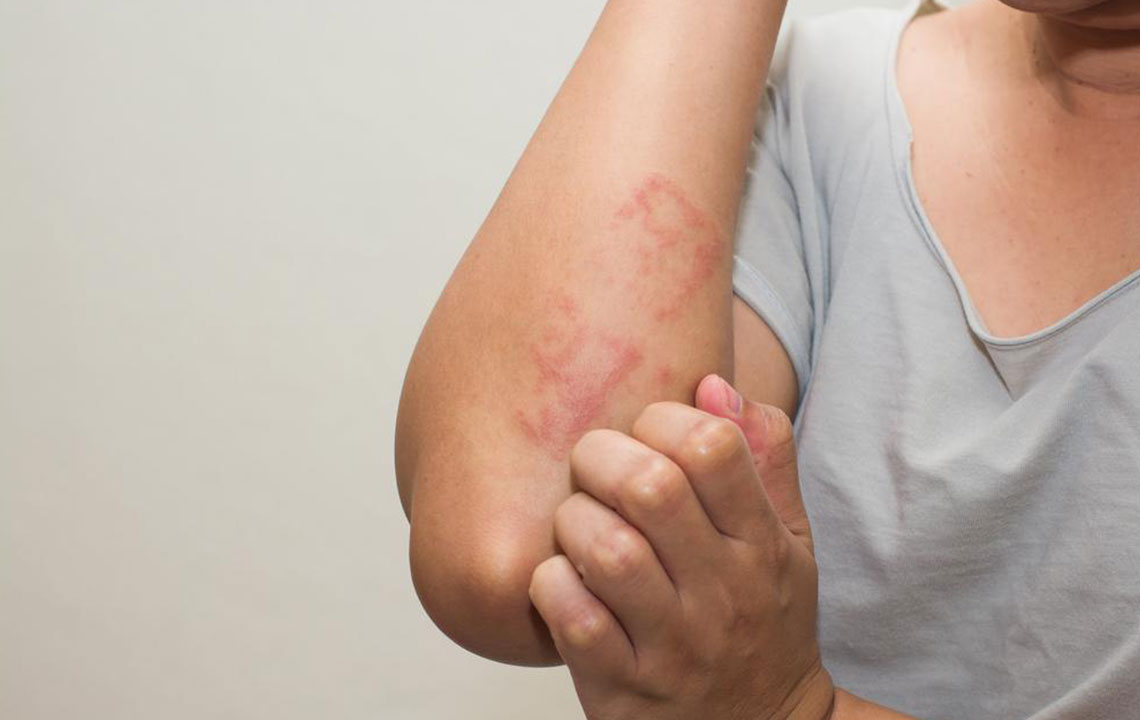Top 4 Causes of Eczema and How to Address Them
Eczema affects all ages and is characterized by itchy, red skin. Key causes include moisture loss, genetic predisposition, and food allergies. Early detection and proper management can reduce symptoms and prevent skin deterioration. While treatments alleviate discomfort, no permanent cure exists, highlighting the importance of ongoing skin care and medical guidance.

Top 4 Causes of Eczema and How to Address Them
Eczema is a common skin condition that can affect individuals of all ages and occurs in various weather conditions. It is especially prevalent in children, identified by red, itchy patches on the skin.
Understanding Eczema Atopic dermatitis is a prevalent type of eczema. Managing it involves regular moisturizing and avoiding harsh soaps. Doctors often recommend medications to alleviate redness and irritation, although a permanent cure remains elusive despite ongoing research.
Available Treatments for Eczema While medications can minimize symptoms, they may not eliminate the condition entirely. Currently, no permanent solution exists for eczema, though effective symptom relief is possible through proper management.
Common Factors Contributing to Eczema The exact cause of eczema remains unclear, but several factors are believed to play a role:
In eczema-prone skin, the ability to retain moisture is impaired, leading to dryness and sensitivity to triggers.
Genetics significantly influence eczema development, with children inheriting tendencies from parents with atopic dermatitis.
Close contact with individuals who have eczema or related skin conditions may increase susceptibility, though genetics are a more prominent factor.
Additionally, frequent food allergies in children can trigger eczema outbreaks. Early detection of symptoms and prompt consultation with healthcare providers are essential to prevent worsening conditions, such as excessive scratching and skin scaling.
Note:
The information provided on symptoms, treatments, and health conditions is for informational purposes only. It is not a substitute for professional medical advice. Always consult a licensed healthcare provider for proper diagnosis and treatment.










